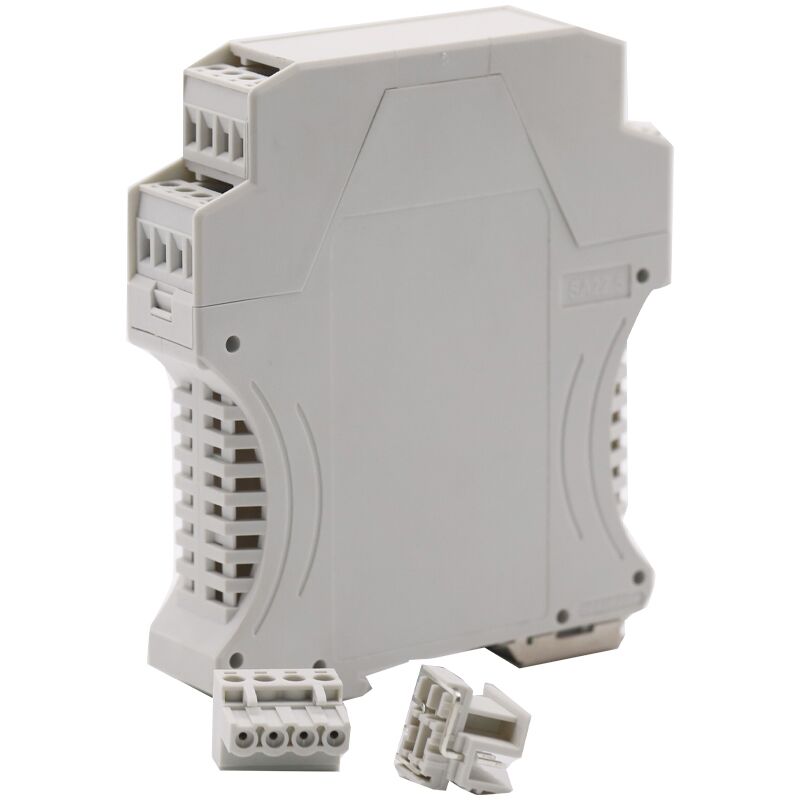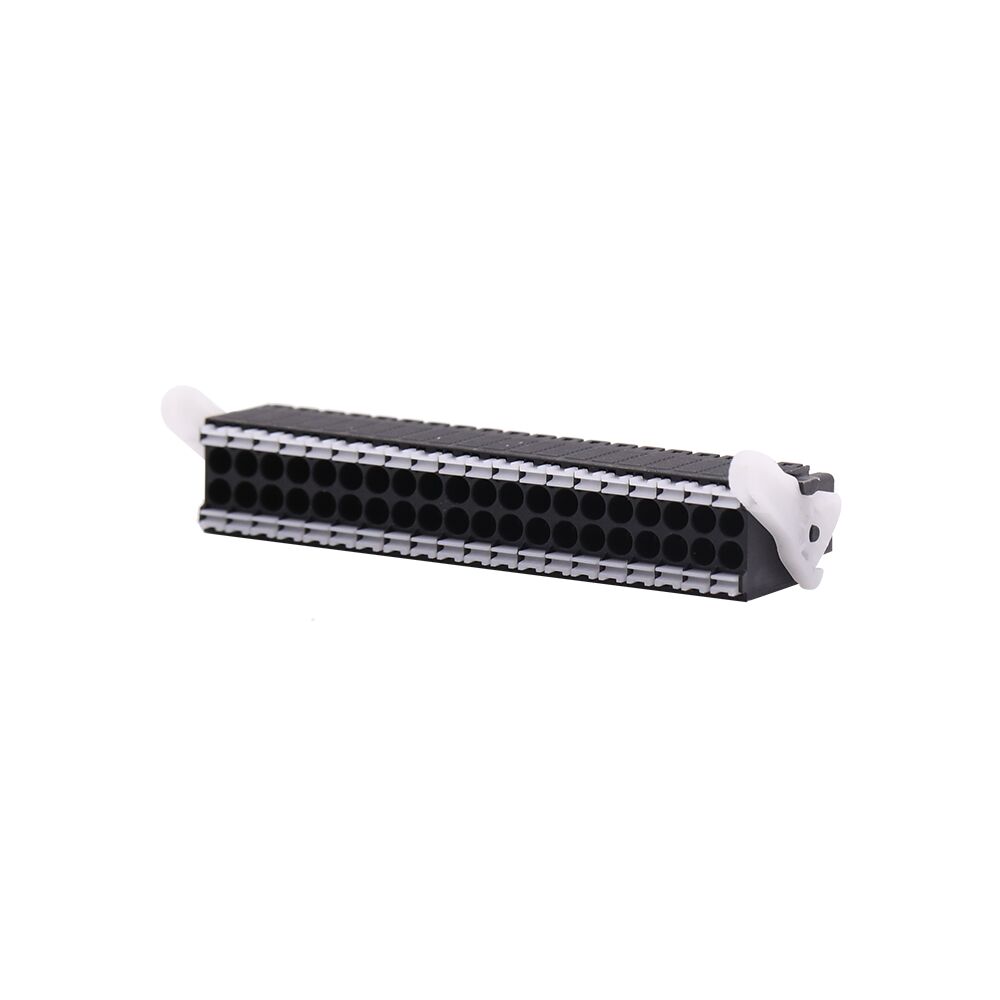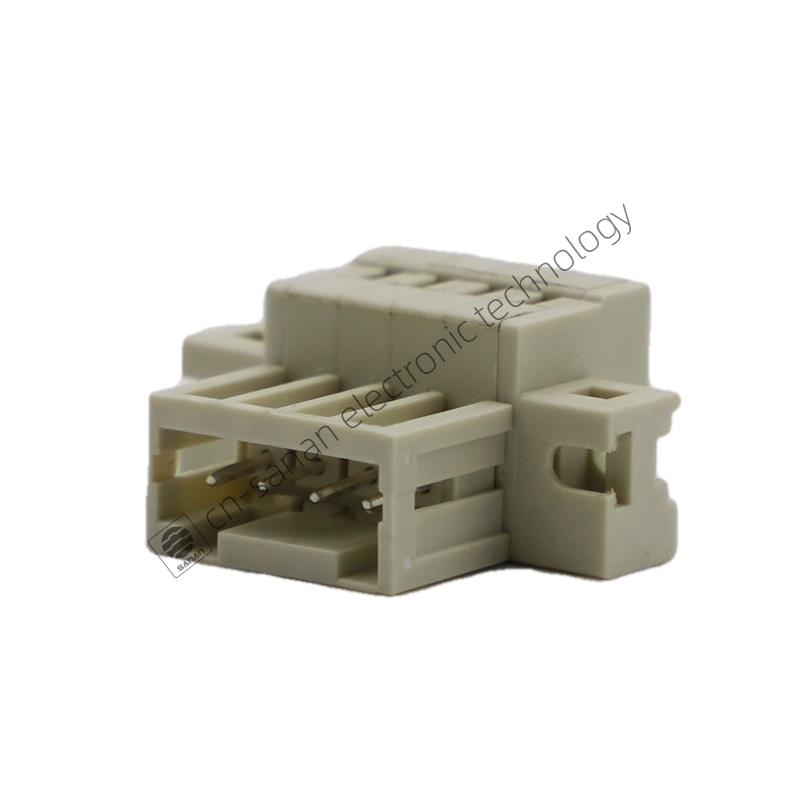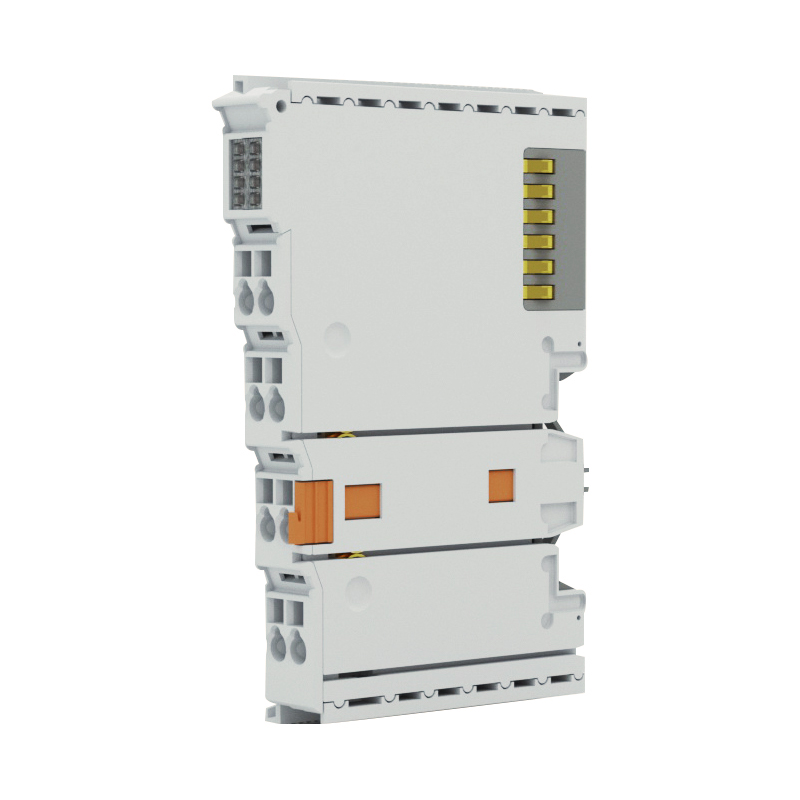DB9 Port And DB9 Port IO Module
2024-06-21

DB9 Connector
The DB9 connector is a type of D-subminiature (D-sub) connector with 9 pins. Its full name is DB9 connector, and it is commonly used in serial communication interfaces such as the RS-232 standard. The DB9 connector is widely used in computer serial ports, peripheral connections, industrial automation equipment, and other applications. Common uses include serial communication (such as RS-232), network device connections, and some older game controller interfaces. The 9 pins of the DB9 connector are arranged in a specific layout, with each pin serving different functions such as transmitting data, receiving data, and ground connections.

DB9 IO Module
A DB9 IO module is a hardware device or interface module typically equipped with one or more DB9 connectors for managing and controlling input and output signals. These modules are used to integrate DB9 interface devices into larger systems. DB9 IO modules can be employed for signal conversion, signal isolation, data acquisition and transmission, device control, and other purposes.
For instance, in industrial automation and control systems, DB9 IO modules can connect sensors, actuators, and other devices. Their functions may include signal conditioning (such as amplification and filtering), data format conversion (like RS-232 to RS-485), management of multiple input and output channels, remote data transmission, and more.
A DB9 IO module typically connects to other devices such as computers, controllers, or sensors via DB9 connectors. Inside the module, signals are processed and then transmitted to the next device or system. DB9 IO modules enhance the functionality and versatility of DB9 interfaces. For example, with a single DB9 IO module, a single DB9 port can connect to multiple devices or perform protocol conversion from one communication protocol to another.In complex industrial and automation systems, DB9 IO modules simplify system design and connectivity, providing more flexible and scalable solutions. They enable easier integration of DB9 interface devices into larger systems, facilitating signal management, protocol adaptation, and overall system efficiency.
The DB9 IO module is widely used
Industrial automation control systems. In industrial automation, PLCs (Programmable Logic Controllers) and SCADA (Supervisory Control and Data Acquisition) systems often need to communicate with various sensors and actuators. The DB9 IO module serves as an interface between these devices. Connected via a DB9 connector to the PLC, the DB9 IO module enables the PLC to receive data from sensors (such as temperature sensors, pressure sensors, etc.) and send control signals to actuators (such as motors, valves, etc.).
The module performs signal conditioning (such as amplification, filtering) and protocol conversion (such as from RS-232 to RS-485) to meet the communication requirements of different devices, achieving signal processing and conversion. Through the SCADA system, operators can monitor sensor data in real-time and send control commands via the DB9 IO module to adjust production parameters, thereby achieving real-time monitoring and control objectives.
Data acquisition systems. In fields such as environmental monitoring and laboratory research, it is often necessary to collect data from multiple sensors and transfer it to a computer or server for analysis. The DB9 IO module can connect to multiple sensors and collect data through its multiple input channels (such as temperature, humidity, pressure, etc.). The module converts the collected data into appropriate communication protocols (such as RS-232) and transmits it to the data processing system via the DB9 connector.In some distributed data acquisition systems, the DB9 IO module can transmit data over the network to remote servers, enabling remote monitoring and analysis.
Communication and networking devices. The DB9 IO module can function as a serial port server, connecting multiple serial devices to an Ethernet network for remote access and control. In systems requiring different communication protocols, the module can perform protocol conversion (such as from RS-232 to RS-485) to ensure compatibility between different devices. It can connect communication devices (such as routers, modems) to computers or other control systems via the DB9 interface, facilitating data exchange and network management.
Laboratory testing and measurement. In scientific research and education, laboratories conduct various tests and measurements of physical quantities, recording and analyzing data. The module can be programmed to control and automate a series of testing steps, recording test results to enhance experiment efficiency and data accuracy. By connecting to data analysis software, the module allows real-time display and analysis of collected data, assisting researchers in drawing experimental conclusions.
The DB9 IO module provides flexible and reliable solutions across various scenarios, simplifying device connections and data management, thereby enhancing system functionality and efficiency.




